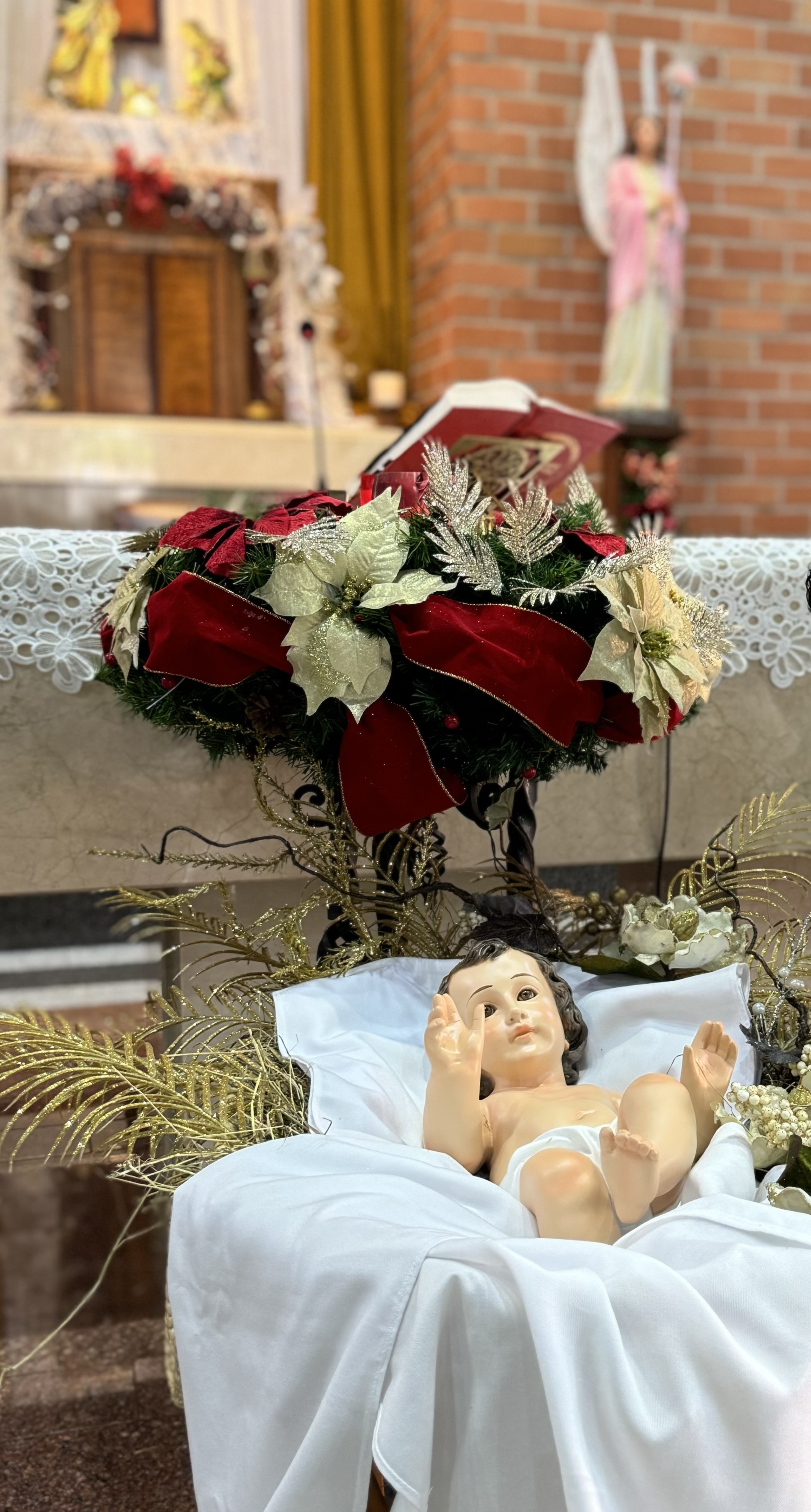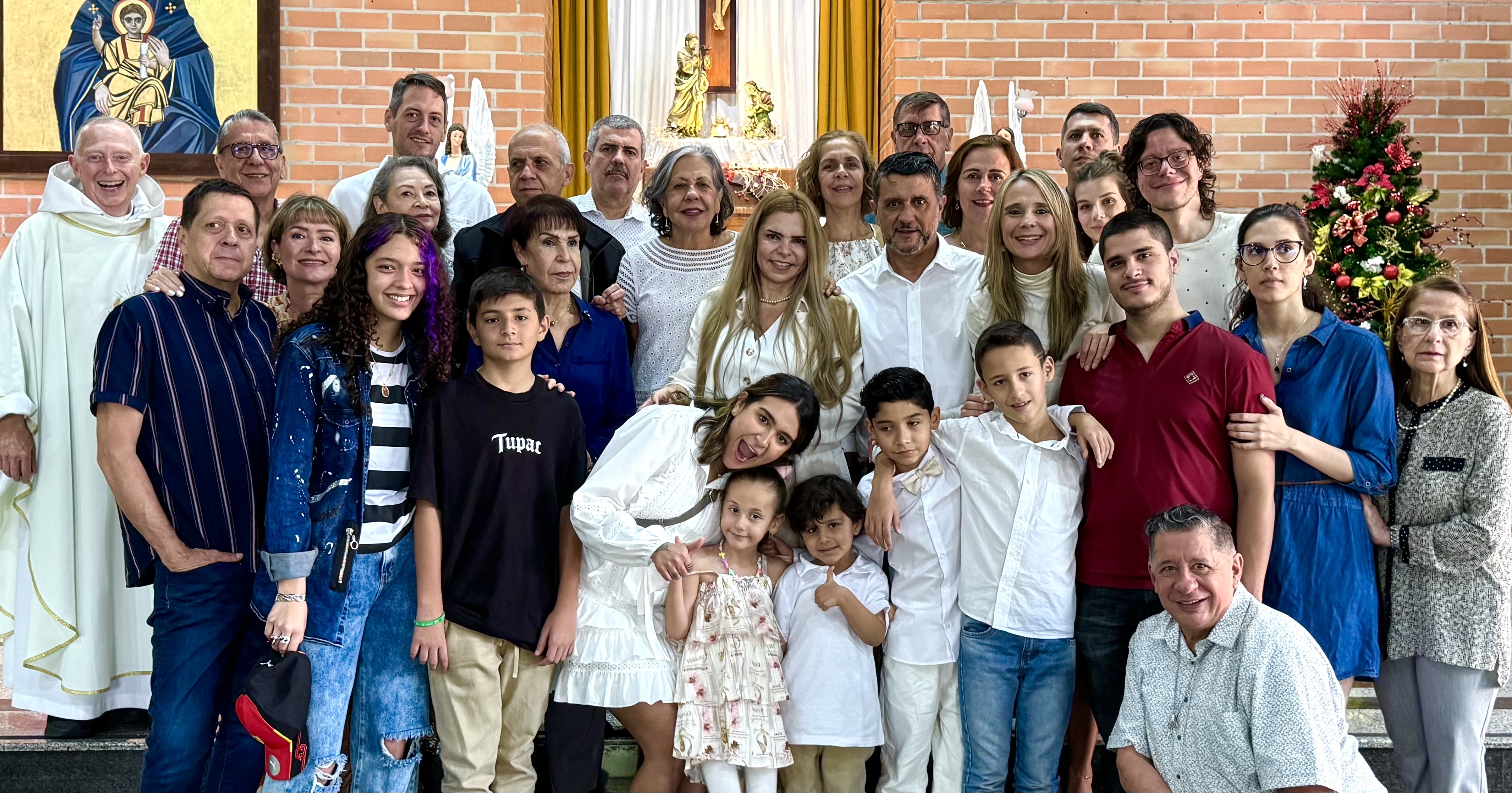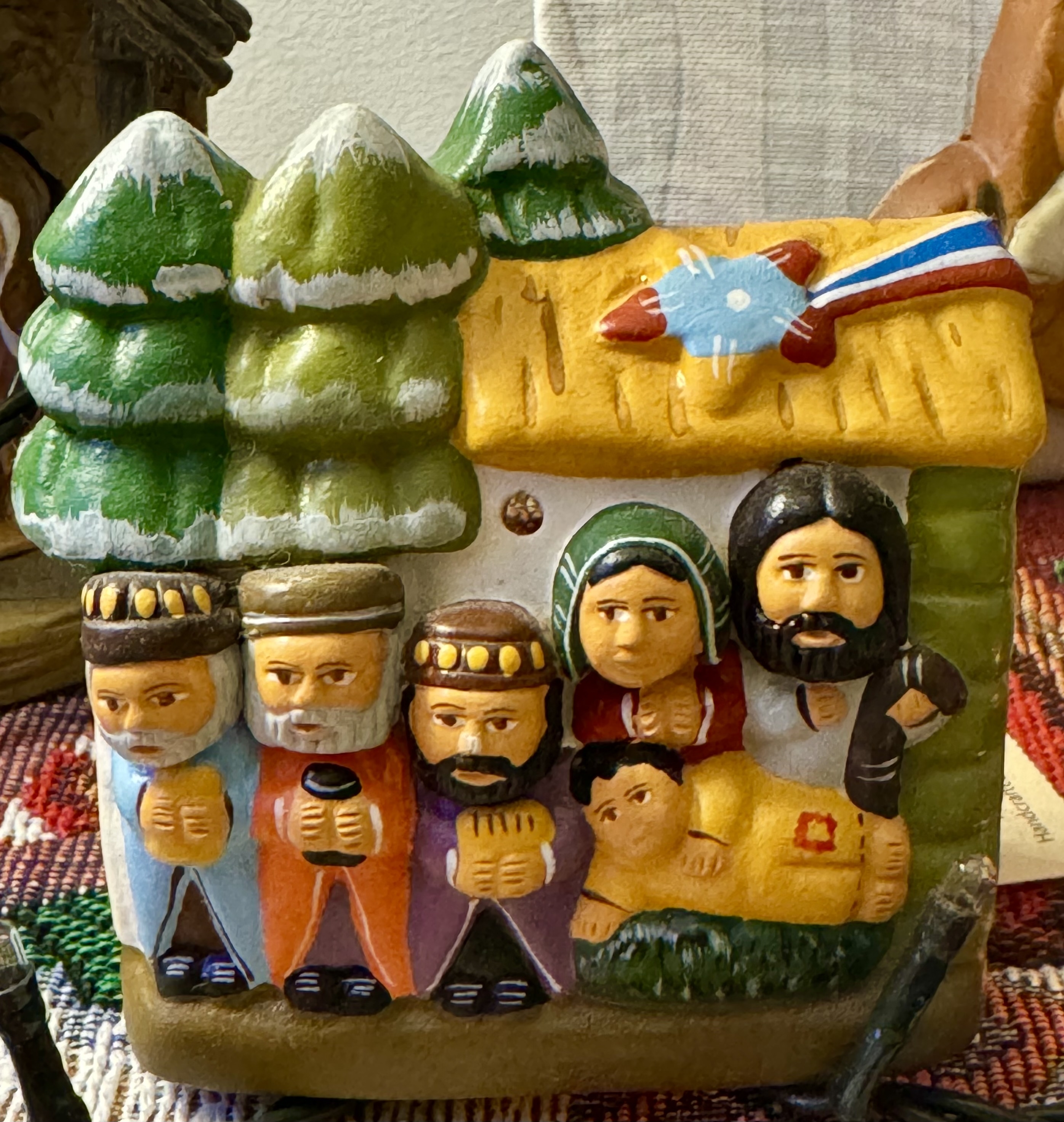These reflections are a result of more than 40 years of ministry as a Roman Catholic priest. Most of these years I spent in the Diocese of Charlotte which covers Western North Carolina. Now I am retired, and live in Medellín, Colombia where I continue to serve as a priest in the Archdiocese of Medellín.
See what love the Father has bestowed on us that we may be called the children of God. Yet so we are. The reason the world does not know us is that it did not know him. Beloved, we are God’s children now; what we shall be has not yet been revealed. We do know that when it is revealed we shall be like him, for we shall see him as he is. (1 Jn 2:29-3:6)
https://bible.usccb.org/bible/readings/010324.cfm
As the ancient Fathers and Mothers of the Church used to say, “the Son of God became the Son of Man so that women and men could become the dear children of God.” The celebration of the Most Holy Name of Jesus reminds us what his name means: God saves.
Responsorial Psalm (Psalm 98)
R. All the ends of the earth have seen the saving power of God.
All the ends of the earth have seen the salvation by our God.
Sing joyfully to the LORD, all you lands; break into song; sing praise.
R. All the ends of the earth have seen the saving power of God.
https://bible.usccb.org/bible/readings/010224.cfm
Like Easter, Christmas has produced its share of music praising the “saving power of God.” In Latin America we have an abundance of Christmas carols (villancicos). As the Psalm tells us: “Break into song; sing praise!” Today we remember two of the Cappadocian Fathers, Saint Basil (330-379) and his friend, Saint Gregory (329-390). The Liturgy of Saint Basil is still celebrated in the Eastern Rites of the Church and is echoed in the Fourth Eucharistic Prayer.

The LORD said to Moses: “Speak to Aaron and his sons and tell them: “This is how you shall bless the Israelites. Say to them: The LORD bless you and keep you! The LORD let his face shine upon you, and be gracious to you! The LORD look upon you kindly and give you peace! So shall they invoke my name upon the Israelites, and I will bless them.” (Num 6:22-27)
https://bible.usccb.org/bible/readings/010124.cfm
What a wonderful way to begin a New Year with God’s blessing! Happy New Year 2024 and may it be filled with many blessings for you and all your loved ones!

When the parents brought in the child Jesus to perform the custom of the law in regard to him, Simeon took him into his arms and blessed God, saying: “Now, Master, you may let your servant go in peace, according to your word, for my eyes have seen your salvation, which you prepared in sight of all the peoples, a light for revelation to the Gentiles, and glory for your people Israel.” (Lk 2:22-40)
https://bible.usccb.org/bible/readings/123123.cfm
Simeon´s Hymn of Praise, the Nunc Dimittis, is the gospel canticle for Night Prayer (Compline) and a fitting way to conclude the year 2023. Yesterday my Colombian family gathered to celebrate the First Communion of my godson, Jerónimo Tamayo Carvajal.

Do not love the world or the things of the world, for the world and its enticement are passing away. (1 Jn 2:12-17)
https://bible.usccb.org/bible/readings/123023.cfm
It’s amazing how perceptive the liturgy is during this Christmas Season. As we come to the end of the civil year, the liturgy gives us these “friendly” reminders that come gift-wrapped with a bow!



